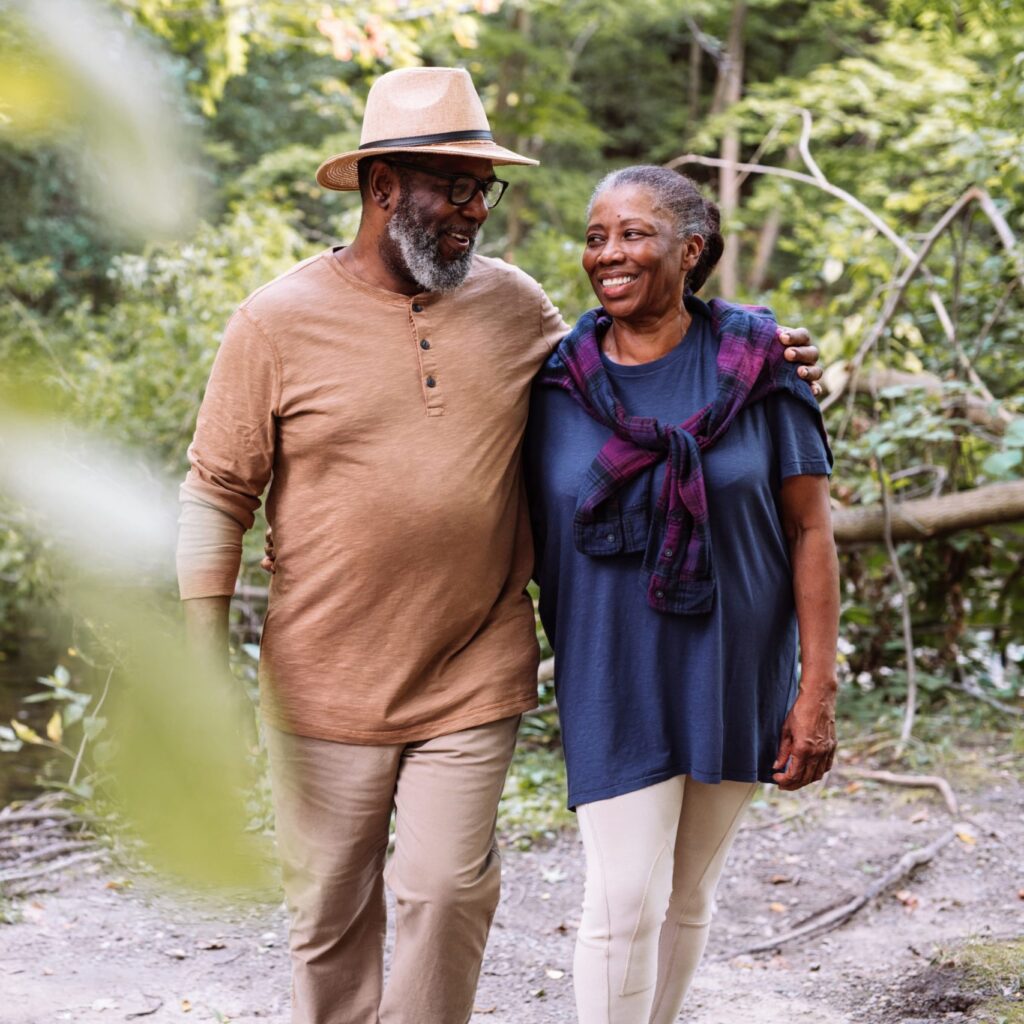Safe and Sound Travel Abroad
You have finally taken the plunge and decided to take that big trip abroad that you have always dreamed of. Perhaps you are traveling to another country on business, or your youth group or school is planning to leave the United States to help others in impoverished parts of the world. How do you prepare for the unknown road ahead? What do you need to do to stay healthy and safe while traveling abroad?
Today there are many countries to which Americans can travel with nothing more than a passport, a few personal items and an adventurous spirit. Other countries may require certain vaccinations prior to leaving the United States. The Centers for Disease Control and Prevention (CDC) provides critical information about what you need to prepare for abroad, including vaccine requirements and recommendations for adults, children and infants.
Vaccines & Health
When traveling to another part of the world, be sure that your vaccines are updated at least six weeks prior to departure. Check with your doctor or local health department for specific information.
The only vaccine currently required by International Health Regulations is the yellow fever vaccination for travel to certain countries in sub-Saharan Africa and tropical South America.

The meningococcal vaccination is required by the government of Saudi Arabia for annual travel during the Hajj. The CDC provides a helpful Travelers’ Health website (wwwn.cdc.gov/travel) that offers information to assist travelers in planning for health care needs during international travel. The CDC recommends that travelers become proactive prior to departure. Plan for situations that may arise by learning as much as you can about your destination through websites and travel books. It is also important to consider your personal health status. Have you recently been sick, or have you had surgery or an injury that required special attention? Many people now travel with young children or travel while pregnant, which requires special planning. Anyone with a disability will also want to gather as much information as possible before traveling abroad.
Pack To Be Prepared
Prepare for a trip by carefully considering what kinds of clothing and accessories to pack. Travel as lightly as possible – many countries do not have convenient buggies, ramps or carts for luggage. You may wind up carrying all of your travel items up and down stairs, through cobbled alleys, or for long stretches through airports. Be sure that you can manage your luggage comfortably.
Plan for changes in weather at your destination. Think about how much walking you will do and what kinds of shoes you will need. Pack clothing that is comfortable and lightweight. It is wise not to dress the part of a typical tourist.
Do not wear flashy or expensive jewelry or dangle a purse on your wrist. Do not put a camera down next to you or leave luggage unattended. Take one or two major credit cards with you, but leave large quantities of cash at home. You will want to exchange for some local currency for pocket money upon arrival.
Passport Protection
Remember that a traveler’s passport is of utmost value. Apply for a passport or renew an expired passport several months prior to your trip. Some countries require a visa for entry; check with the U.S. Department of State to see if you will need to apply for a visa for your travel.
Keep your passport locked in a hotel safe when not needed, along with any extra cash or valuables. Bring an extra set of passport photos with you on your trip, along with a photocopy of your passport’s information page to make replacement of your passport easier in the event that it is lost or stolen.
Leave a photocopy of your passport’s information page with a close relative or friend back home, as well.
Tricks of the Traveling Trade
Veteran travelers recommend that you consider other simple items that might make your trip more enjoyable. A small first aid kit may come in handy. A pocket-sized foreign language dictionary that will help you speak in simple phrases and understand basic words and signage can be quite helpful. Attempting to speak in a foreign language will also endear you to the people of your host country.
Some foreign hotels do not have clocks in the rooms, so a small travel alarm clock is invaluable if you have an itinerary to which you want to adhere. Small packets of tissues are also helpful for bathrooms that lack the luxuries of those we experience in America.
Pack an extra pair of glasses or contact lenses, if you wear them, so you can enjoy the scenery along every minute of your journey. Place any medicines you need in your carry-on luggage, and be sure that they are clearly labeled. If you are a diabetic or a patient with a history of heart problems, take special care to keep your medicines close at hand. Always take an extra day’s supply of your medicines with you in the case of an unexpected flight delay.
You can rent an international cell phone or put international time on your own phone should you need one on your trip. You can also purchase phone cards at kiosks and shops in many cities around the world.
Food & Water Safety
When you arrive at your destination, check to ascertain if the tap water is drinkable. Bottled water is readily available in many countries – it is often inexpensive and a sound alternative if you are unsure as to the quality of the local drinking water.
“Drink bottled sodas, beer or wine that has been sealed, or coffee or hot tea with meals,” says Dr. Eugene Ryan, chief of staff at Parkridge Medical Center. “You can purchase bottled water, or you may want to bring your own reusable Nalgene bottle in your luggage to use during your trip. Some people like to bring sterilization tablets with them for the water. To be safe, always find out about its drinkability first.”
Ryan, who has traveled both internationally and in the United States, also advises travelers to eat food from dedicated restaurants. “Be sure to watch the hygiene at roadside stands,” he warns. Dr. Ryan also advises travelers to find out if a destination has problems with fresh foods. “If that is an issue, do not eat any salads, fresh vegetables or fruits unless they have a thick peel,” he says. “Apples and lettuces, for example, should not be eaten. Fruits such as bananas and oranges will be fine for eating due to their thick skins.”
Ryan reminds travelers, “Be smart – plan ahead. Wash your hands often and take a small bottle of Purell with you. If something isn’t yours, don’t touch it. If you didn’t bring it with you, don’t touch it. And when you return home, wash your clothes well.”
As your time of departure approaches, listen to the news and read about what is currently being reported in those countries. It is always a good idea to understand all the dimensions of a place in order to ensure a safe and enjoyable trip.
Remember that by being a guest in another country, you are subject to the laws of the country you are visiting. Become a wise and courteous traveler by learning as much as you can about the local customs of the places you plan to visit.
Local libraries offer a wealth of travel resources, as do the embassies, consulates and tourist bureaus of the countries you will visit. Being prepared will allow you to enjoy every moment of your journey. Bon voyage!
Amy Cohen
Amy Cohen is a native Chattanoogan. She is a graduate of the University of North Carolina at Chapel Hill where she earned a Master’s Degree in Health Policy Administration. Amy is married, has two sons and a daughter and teaches at Baylor School.




